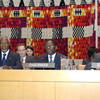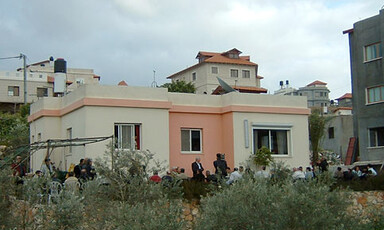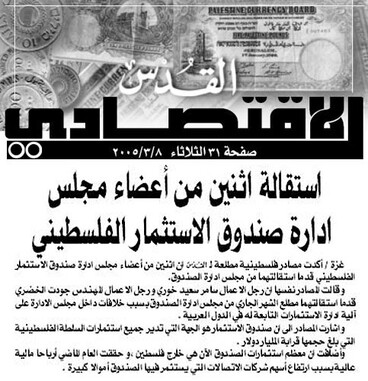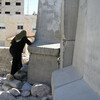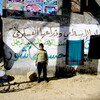
Weekly report on human rights violations
10 March 2005
This week, Israeli forces wounded 12 Palestinian civilians, including 6 children. Israel continues the construction of its Wall on occupied Palestinian land. Israeli forces condiscated more Palestinian-owned land for that purpose. Israel isolates Jerusalem from the rest of the West Bank. Israeli forces raided numerous homes and arrested at least twenty Palestinian civilians in the West Bank. A Palestinian civilian was used as a human shield during a house raid in the village of Mughraqa in central Gaza Strip. Israeli settlers have continued to attack Palestinian civilians and property in the West Bank. Israeli forces have continued to impose a total siege on the occupied Palestinian territories. Read more about Weekly report on human rights violations


